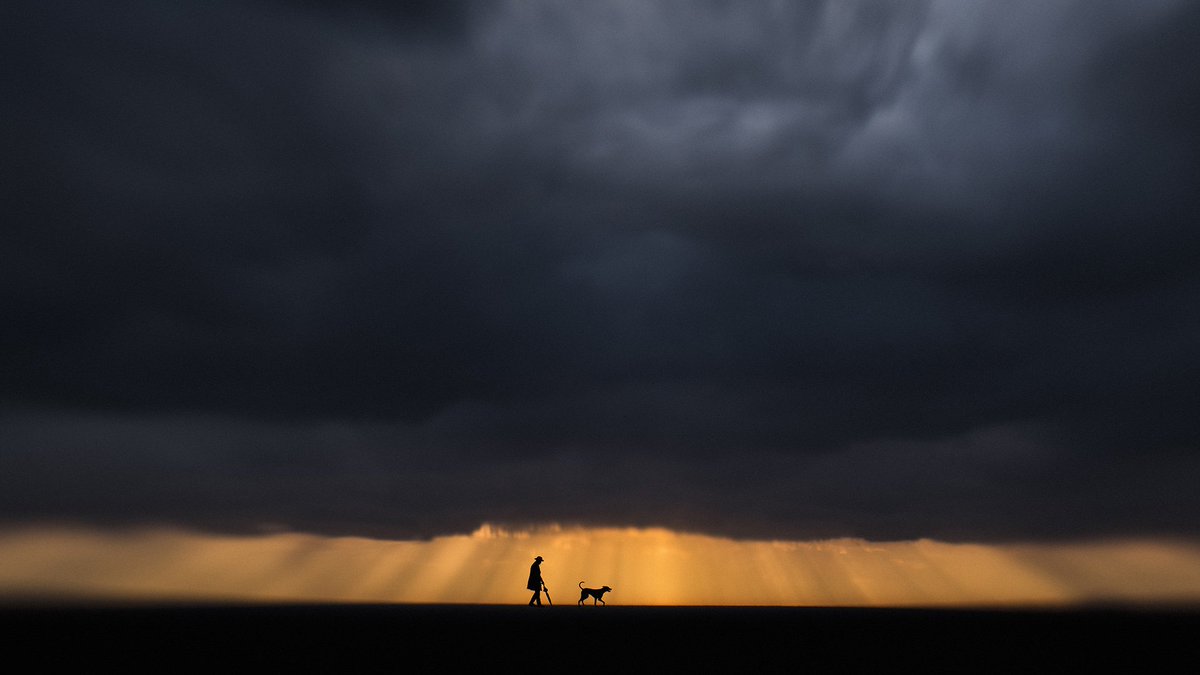You’re living in a global pandemic. Two Billion people are in lockdown. The roads are quiet, and the Police are roaming the streets in search of groups of more than two humans in any one place for immediate punishment.
If you read those lines a few weeks ago, you would have sworn it was the latest dystopian thriller. Now, it is life as we know it.
The world has changed abruptly. People are struggling to come to terms with such a swift and extensive transformation of the very essence of their lives and this has created a very specific problem. While brave, frontline staff such as doctors, nurses, cleaners, and shop assistants battle against the virus itself, in home offices and kitchen tables all over the country, writers are fighting a more existential battle. They are struggling to find the meaning in these changed times. Suddenly, their current work-in-progress about love and loss and all that makes us human feels desperately inconsequential, the global catastrophe that appeared so unlikely a matter of weeks ago is now ‘a bit on the nose’, and their short story about longing glances across a sea of bobbing heads on a packed express train seems positively anachronistic.
We tell stories to understand the world we live in. Fiction is a mirror. It shows us a reflection of ourselves through the actions of characters. It is how we understand life. We long to comprehend the incomprehensible and stories are our search for answers through the study of the human condition.
This is why stories are a comfort to us. They are a reminder that we are not alone; that our suffering isn’t unique, our fears are universal, and our experiences are replicated all over the world.
The reflection may alter, but the mirror—the very parameters of our existence—remains the same and it is this principle that has caused the crippling effect of the following questions:
What happens when the mirror breaks?
What happens when the world we live in is no longer the one we knew?
It’s hard to find meaning in a world you don’t recognise. It seems like all you know is suddenly irrelevant and that you are forced to find the meaning all over again. It can cause great fear and fear—the thing that drives the story is the very thing keeping us frozen in front of our computers; fear for our loved ones, fear for ourselves, fear for a way of life slipping away while we watch on, powerless to stop it—can be paralysing.
At the minute we are helpless. There is no outlet for our fears, no epiphany to turn things around, no dénouement to resolve the tension, because this is not a story. This is life now and even after this is all over, what is left has yet to be discovered and that uncertainty is fuelling a creative block. Writers are struggling to find the point of writing when the rules of the system we know, the anchor that holds a story in place, is irrevocably altered.
However, no matter how helpless it looks, things will settle down, we will adjust, and life will continue as it always has. Yes, the way we live will likely be different when this is all over—handshakes could be a thing of the past, door handles may go, we might even evolve lizard skin from all the handwashing—but that doesn’t mean all we know ceases to exist. We will find our voices again, and all will carry on.
Meaning comes in small things. It comes in our response to fear rather than the fear itself. Simply put, we have not changed. The relationship between us as individuals has not changed—if anything shared adversity will only strengthen our bonds— and it is there we will find the meaning again.
So, if you are struggling, don’t be afraid to take a break. Let yourself adjust. Take your one walk a day—not two or Doris next door will call the cops and you’ll be whipped with a riding crop, live on Ant and Dec’s Saturday Night Takeaway—play with the kids, binge a show with your other half. The words will come once you’ve had a chance to settle. Then, when you feel up to it, get to your computer. Start one word at a time. Start with free writing. Just let something out. You don’t need to find the meaning yet. That comes later. Most importantly, don’t give up. Don’t let a silly little thing like a global pandemic stop you from doing what you were doing because soon, as always, the ice will crack, the art will flow, and we will all have a new tale to tell.
The Broken Mirror: Writing During a Global Pandemic, first published on writing.ie, May 2020
…………
Chris Wright is from Bangor, Northern Ireland. His short fiction has appeared in The Honest Ulsterman, The Cormorant, Parentheses International Literary Arts Journal, The Wellington Street Review, and many more. In 2020, his work will be featured in several print anthologies, such as Declarations on Freedom—commissioned to celebrate 700 years since the Declaration of Arbroath— The Bramley, the Reflex Press Anthology, and the Write Festival Anthology. Twitter.
